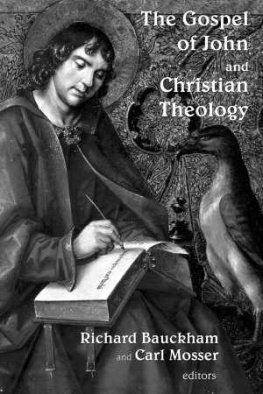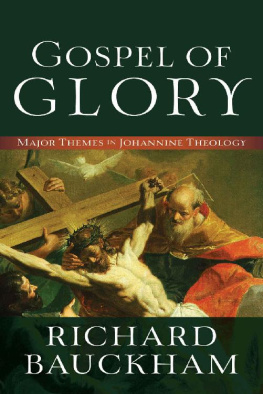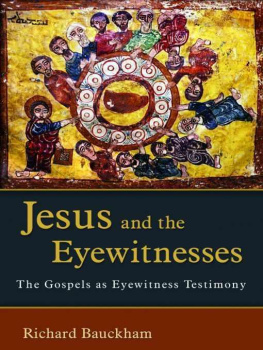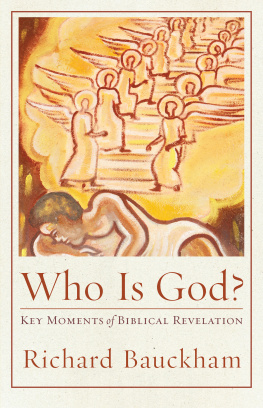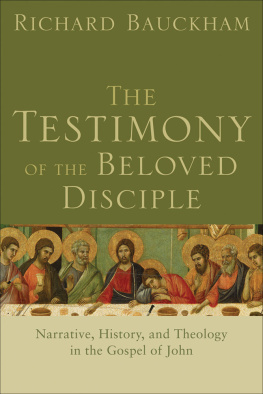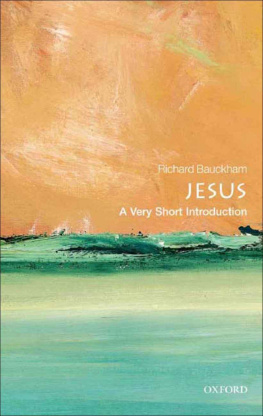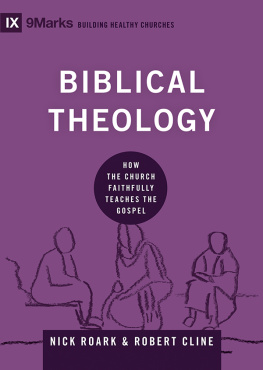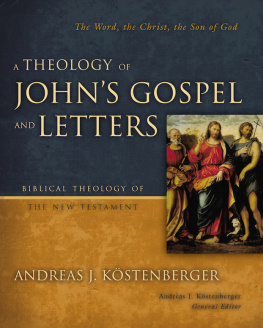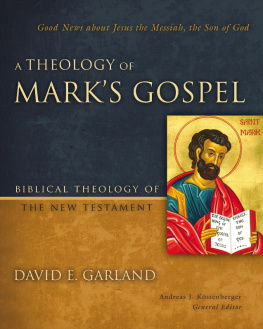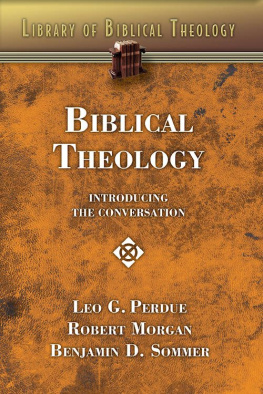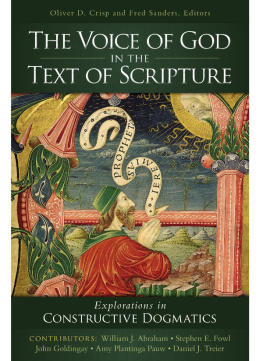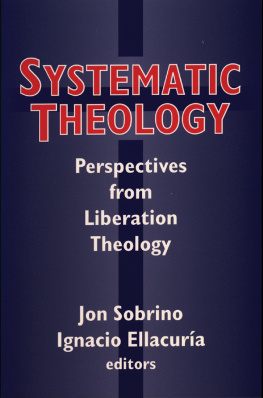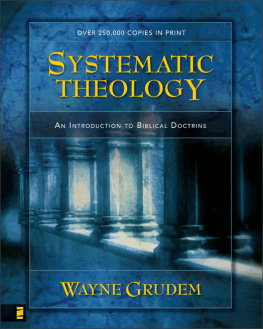THE ST. ANDREWS CONFERENCE ON SCRIPTURE AND THEOLOGY
The disciplines of biblical studies and systematic theology were long considered natural partners. However, in the modern period, especially in the last few decades, they have increasingly grown apart. In the process, they have become so absorbed with their own concerns that they often seem to have lost the means to effectively communicate with each other. Paradoxically, while these disciplines have been growing apart, within each there has been increasing interest in interdisciplinary work with such diverse disciplines as literary studies, the social sciences, and philosophy.
The reasons why biblical studies and systematic theology have grown apart are many and varied in nature. In recent years some scholars in both disciplines have become concerned about it. The St. Andrews Conferences on Scripture and Theology held every few years at the University of St. Andrews, Scotland, attempt to bridge the divide between biblical scholars, systematic theologians, and other scholars concerned to read Scripture theologically. This is not done through hermeneutical or methodological quick fixes. Rather, it is done through sustained and patient discussion between scholars from both sides of the disciplinary divide as they together grapple to understand the Scriptures of the Christian Church and their theological implications. This volume contains papers from one of these conferences whose contents will generate fruitful discussion and revitalize the natural partnership between the two disciplines.
THE GOSPEL OF JOHN
AND CHRISTIAN THEOLOGY
Edited by
Richard Bauckham and Carl Mosser




Contents
viii
x
Richard Bauckham
JOHN AND OUR PLURALIST CONTEXT
Stephen C. Barton
Miroslav Volf
THOSE WHO HAVE READ JOHN BEFORE US
D. Jeffrey Bingham
Rowan Williams
Tord Larsson
HISTORY AND TESTIMONY IN JOHN
C. Stephen Evans
Richard Bauckham
JOHN AND "THE JEWS"
Stephen Motyer
Judith Lieu
Terry Griffith
Sigve K. Tonstad
PERSPECTIVES ON THE RAISING OF LAZARUS
Andrew T. Lincoln
Marianne Meye Thompson
Alan J. Torrance
CHRISTOLOGY
Martin Hengel
Murray Rae
Paul N. Anderson
Kasper Bro Larsen
USING JOHN IN THE THEOLOGICAL TASK TODAY
Anastasia Scrutton
Jurgen Moltmann
Contributors
Paul N. Anderson is Professor of Biblical and Quaker Studies at George Fox University.
Stephen C. Barton is Reader in New Testament at Durham University and a non-stipendiary minister at St. John's Church, Neville's Cross, Durham.
Richard Bauckham is Professor of New Testament Studies and Bishop Wardlaw Professor at the University of St. Andrews.
D. Jeffrey Bingham is Chair and Professor of Theological Studies at Dallas Theological Seminary.
C. Stephen Evans is University Professor of Philosophy and Humanities at Baylor University.
Terry Griffith is Pastor of Trinity Baptist Church, Bexleyheath, England, and Associate Research Fellow at Spurgeon's College.
Martin Hengel is Emeritus Professor of New Testament and Early Judaism at the University of Tubingen.
Kasper Bro Larsen is Assistant Professor of New Testament Studies at the University of Aarhus.
Tord Larsson is Visiting Lecturer, University of Uppsala, Sweden.
Judith Lieu is Lady Margaret's Professor of Divinity, University of Cambridge.
Andrew T. Lincoln is Portland Professor of New Testament, University of Gloucestershire.
Jurgen Moltmann is Emeritus Professor of Systematic Theology at the University of Tubingen.
Carl Mosser is Assistant Professor of Biblical Studies at Eastern University.
Stephen Motyer is Lecturer in New Testament and Hermeneutics at London School of Theology.
Murray Rae is Senior Lecturer in Systematic Theology and Ethics at the University of Otago.
Anastasia Scrutton is a Ph.D. candidate in the Department of Theology and Religion at Durham University.
Marianne Meye Thompson is Professor of New Testament Interpretation at Fuller Theological Seminary.
Sigve K. Tonstad is Assistant Professor of Religion at Loma Linda University.
Alan J. Torrance is Professor of Systematic Theology at the University of St. Andrews.
Miroslav Volf is Henry B. Wright Professor of Systematic Theology at Yale Divinity School.
Rowan Williams is Archbishop of Canterbury.
Introduction
Richard Bauckham
The essays collected in this volume were first presented in 2003 as papers at the first St. Andrews Conference on Scripture and Theology held at the University of St. Andrews, Scotland. The topic of the conference was the title of this volume: The Gospel of John and Christian Theology. The aim was to bring biblical scholars and systematic theologians together in conversation about a biblical text that has played a formative role in Christian theology through the centuries. This does not often happen. In the modern period, but especially in the last few decades, the disciplines of biblical studies and systematic theology have grown so far apart as to seem hardly within shouting distance of each other. The two disciplines are natural partners who have lost the means of effective communication with each other, so absorbed have they become in their own issues. Oddly, while they have been withdrawing from interdisciplinary relationships with each other, in the last few decades both biblical studies and theology have been notable for the way they have interacted across boundaries with disciplines such as literary studies, the social sciences, and philosophy. The reasons for this are various, but there is growing concern about it among many in both disciplines. The interest this conference generated is one indication of that concern. Some of us who teach in these fields may have noticed that students are often keen to relate their work in biblical studies to their work in theology and vice versa, while the way they are taught often discourages this. Anyone concerned with the way these two academic disciplines can serve the life of the church will surely also lament the lack of conversation between them.
The conference provided a rare opportunity for biblical scholars and systematic theologians to work together toward bridging the gap by entering a conversation fruitful to both. The essays in this volume are the most tangible results, though much that happened around the papers, including the lively interaction of many other scholars and students who attended the conference was also important. All the main papers and a small selection of the many offered short papers are included here. In several cases two scholars from differing disciplines were invited to address the same topic and the resulting pairs of papers are placed together in this volume (Barton and Volf, Evans and Bauckham, Motyer and Lieu, Rae and Anderson). In some cases they have been revised in the light of the discussion between the two speakers.
The plan of the conference was to address a number of the key issues that arise when Christian theologians read the Gospel of John today. The ways in which these essays seek to relate biblical studies and theology are themselves notably varied. It would be hard to find a common methodology for that task at work in all the essays, though there are many points of convergence. Some essays, like some of the topics, go further in an interdisciplinary direction than others. But this is the beginning of a conversation that can only be enriched by variety and experimentation.

